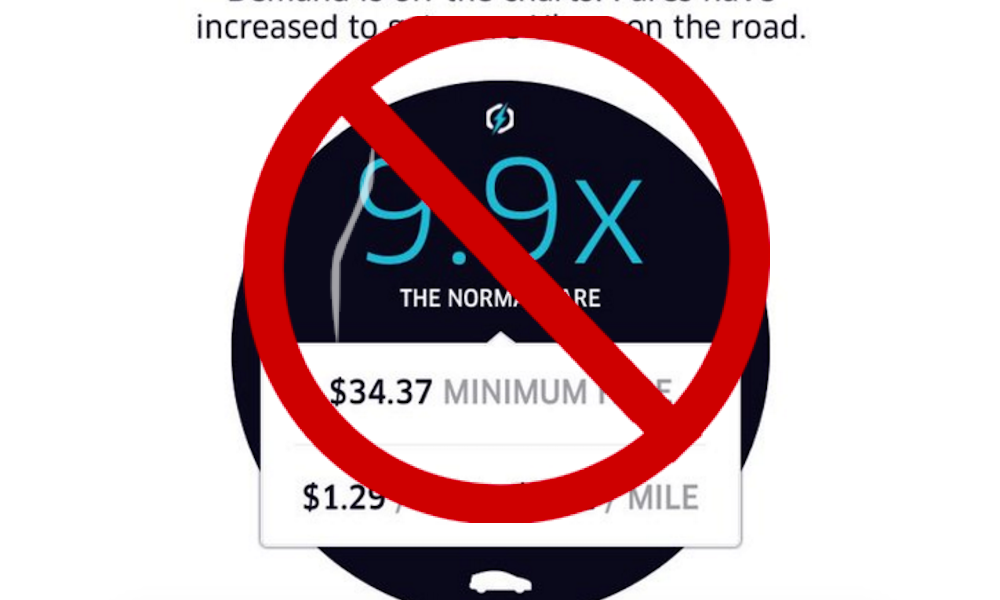Close on the heels of the Karnataka government implementing a policy that would regulate cab fares, the Maharashtra government has followed suit. The new rules shall put caps on the number of taxi aggregator vehicles allowed on roads and will also seek to rein in higher peak-hour fares.
’The fare will be decided on the cost of the vehicle and the engine capacity. The transport department will enjoy powers to cancel licences for non-compliance,’’ a Maharashtra minister told Business Standard.

Apart from regulating fares, the new policy put far greater controls on taxi aggregators than the Karnataka model. Maharashtra plans to have an induction schedule for taxis, where only 25 per cent of the fleet can be acquired at the time of being granted the licence, 50 per cent in three months, 75 per cent in six months and 100 per cent in a year. This move is designed to slow down taxi aggregators’ growth in the state, and if applied retrospectively, could also put lots of driver partners out of work for months.
The Karnataka government had earlier implemented a controversial policy that sought to end surge pricing. The move had been largely criticized by the startup community, which had maintained that Ola and Uber’s surge prices merely reflected demand and supply, and ended up bringing more cabs to areas they were most required. The policy, however, had found broad support among regular commuters who felt that taxi aggregators’ surge prices were arbitrary and amounted to price gouging.
But if the rest of the country follows in the steps of Maharashtra and Karnataka, the move is likely to hit Uber and Ola hard. Surge pricing enables these cab companies to subsidize the cost of rides when there is lower demand, resulting in lower base fares. The elimination of surge pricing will force these companies to raise rates for non-peak cab rides, thus decreasing their appeal.
